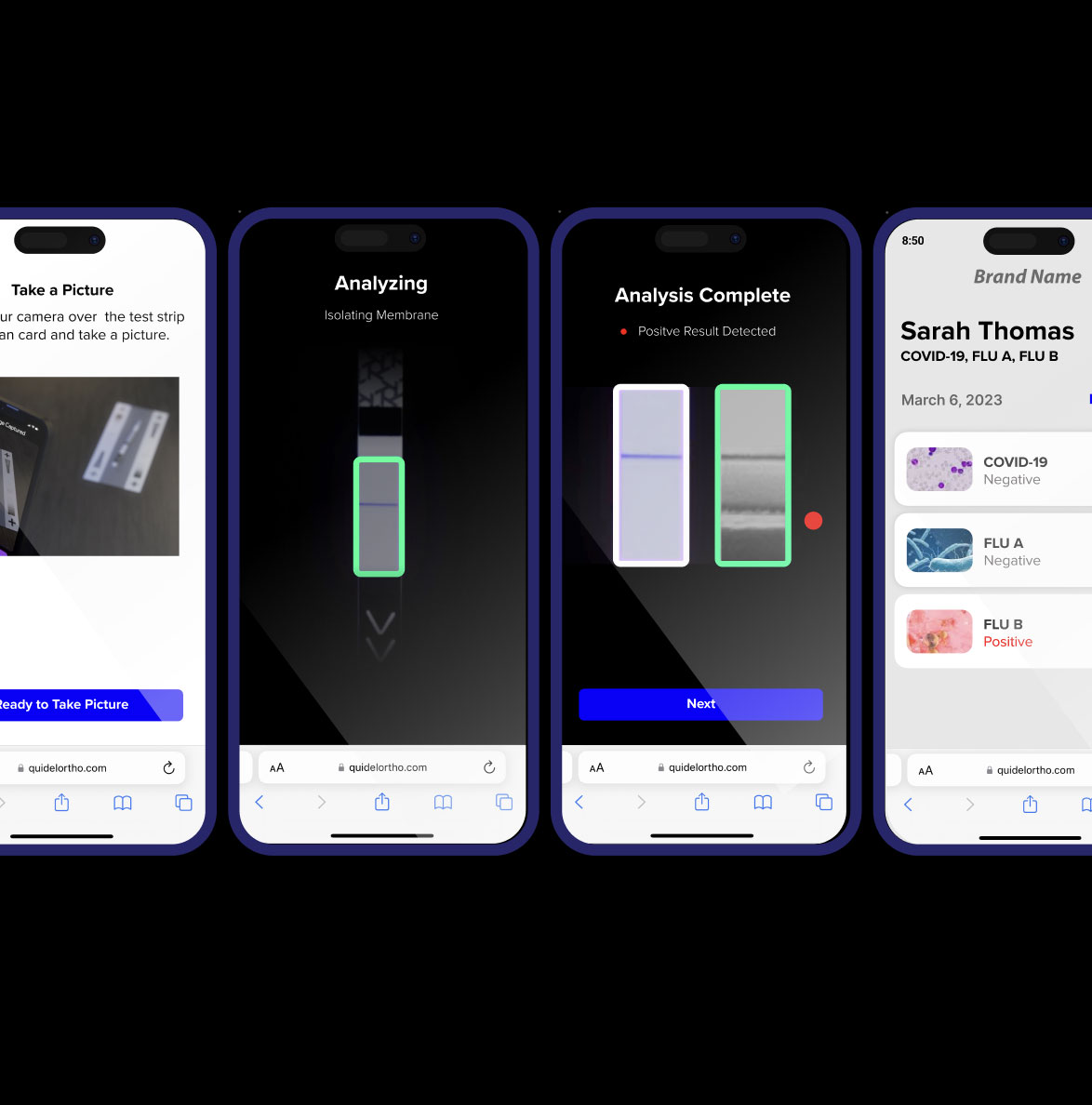Innovative technologies utilize digital tools and platforms to revolutionize the way diseases are diagnosed, monitored, and managed. From blood sample analysis to tracking health markers, digital health diagnostics have paved the way for more efficient, accurate, and accessible healthcare solutions.
The future of healthcare: Lyme disease test kits go digital
In the realm of digital health diagnostics, advancements are continually pushing the boundaries of what’s possible in healthcare. One notable area of progress is in the development of Lyme disease test kits that leverage digital technologies. Traditionally, diagnosing Lyme disease has been a complex and often lengthy process, requiring multiple tests and clinical evaluations. However, with the introduction of digital test kits, the landscape is rapidly changing. These kits offer faster, more accurate diagnoses, enabling healthcare providers to initiate treatment sooner and improve patient outcomes.
One of the key advantages of digital Lyme disease test kits is their ability to detect the presence of the bacteria responsible for the disease with high precision. By utilizing advanced molecular diagnostic techniques, these kits can identify specific genetic markers unique to the Lyme-causing bacteria, even in early stages of infection when traditional tests may yield false negatives. This early detection is crucial for effective treatment, as Lyme disease can cause serious complications if left untreated. Additionally, digital test kits often provide results within hours, compared to days or weeks with conventional testing methods, enabling healthcare providers to promptly administer appropriate care.

Exploring health markers in the digital era
In the digital era, the landscape of healthcare is being transformed by the exploration of new health markers that were previously inaccessible or difficult to measure. Digital health diagnostics are playing a pivotal role in this exploration, offering innovative solutions for monitoring various aspects of health and wellness. From wearable devices that track heart rate variability to smartphone apps that analyze blood glucose levels, the possibilities are endless. By harnessing the power of data analytics and artificial intelligence, these digital tools can provide valuable insights into an individual’s health status, helping to prevent disease and optimize well-being.
One area where digital health diagnostics are making significant strides is in the management of chronic kidney disease (CKD). CKD is a serious condition that affects millions of people worldwide, yet early detection and monitoring can be challenging. However, with the advent of digital diagnostics, healthcare providers now have access to tools that can accurately assess kidney function and detect signs of disease progression in real-time. For example, wearable devices equipped with sensors can continuously monitor biomarkers such as creatinine levels and glomerular filtration rate, allowing for proactive intervention to slow the progression of CKD and improve patient outcomes.

Digital health diagnostics: Transforming chronic kidney disease management
Chronic kidney disease (CKD) presents significant challenges for both patients and healthcare providers, requiring ongoing monitoring and management to prevent complications. However, traditional methods of diagnosing and monitoring CKD often rely on periodic lab tests, which may not capture changes in kidney function until the disease has progressed to a more advanced stage. Fortunately, digital health diagnostics are revolutionizing CKD management by providing continuous, real-time monitoring of key health metrics. By leveraging wearable devices, mobile apps, and remote monitoring systems, healthcare providers can now track important indicators of kidney health more effectively than ever before.
One of the most promising aspects of digital diagnostics in CKD management is the ability to personalize treatment plans based on individual patient data. By collecting and analyzing a wealth of health information in real-time, clinicians can tailor interventions to address specific risk factors and optimize outcomes for each patient. For example, algorithms powered by artificial intelligence can identify patterns in blood pressure, fluid intake, and medication adherence, allowing for timely adjustments to treatment regimens. This personalized approach not only improves patient satisfaction but also enhances the efficiency of healthcare delivery by reducing unnecessary interventions and hospitalizations.
As we look to the future of healthcare, digital health diagnostics will continue to play a pivotal role in revolutionizing the way we diagnose, monitor, and manage various medical conditions. From Lyme disease test kits that deliver rapid results to wearable devices that track vital health markers, the possibilities are limitless. By embracing these advancements, healthcare providers can improve patient outcomes, reduce healthcare costs, and ultimately, enhance the quality of care for individuals around the world. As technology continues to evolve, so too will our ability to harness its power for the betterment of human health.




